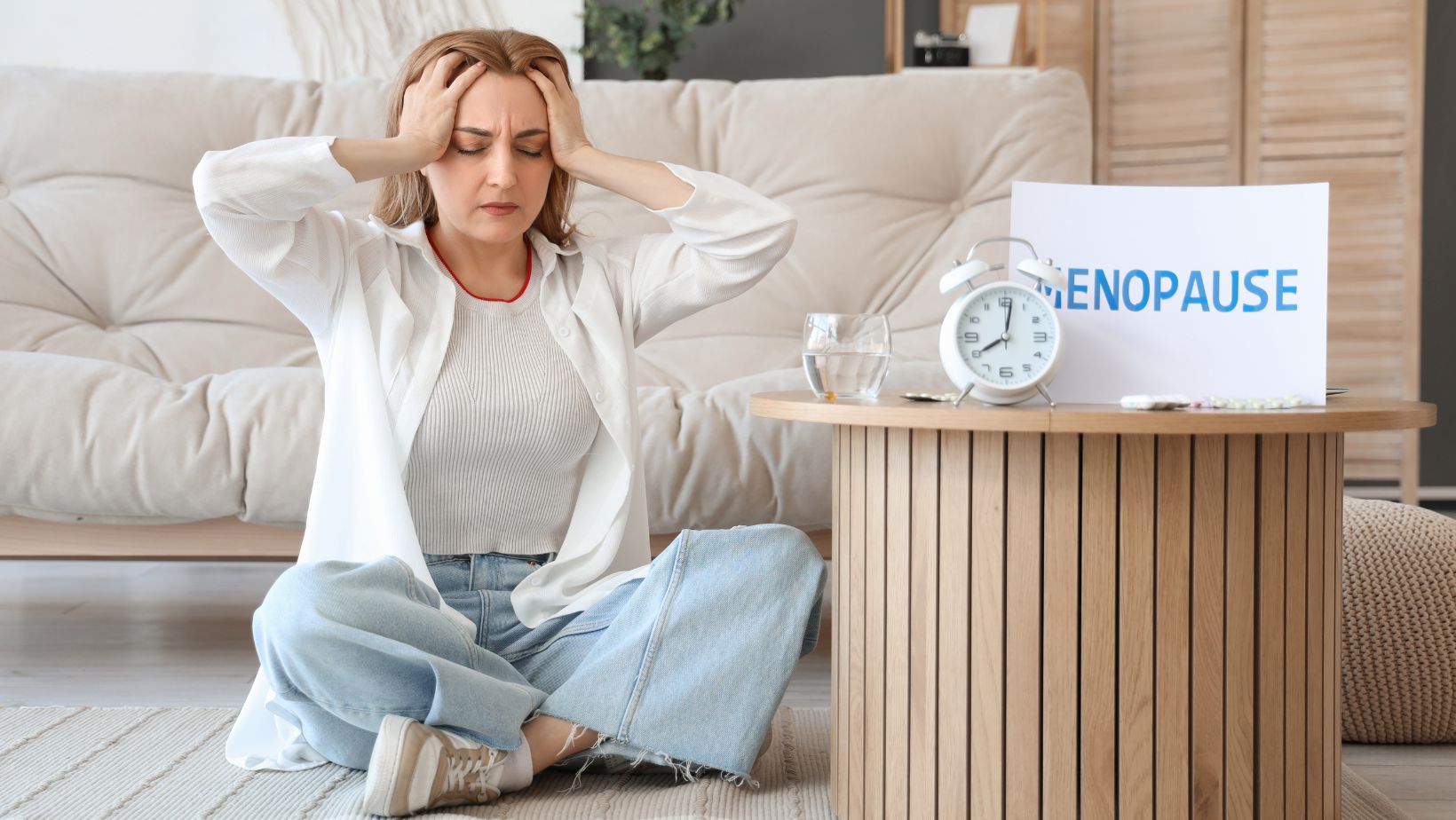Menopause marks a significant transition in a woman’s life, bringing with it a cascade of physiological changes that can profoundly impact intimacy. Declining hormone levels often lead to decreased libido, vaginal dryness, and discomfort during intercourse—factors that can strain even the strongest relationships. Yet, the conversation around menopause and sexuality remains shrouded in stigma. With the advent of hormone replacement therapy (HRT), restoring sexual vitality is no longer an elusive goal but a tangible solution backed by science.
Understanding the Link Between Hormones and Libido
Sex drive is intricately tied to hormonal balance. As menopause progresses, the body produces less estrogen, progesterone, and testosterone—each playing a critical role in sexual function. Estrogen helps maintain vaginal lubrication and elasticity, while progesterone influences mood stability. Testosterone, often overlooked in female health, is a key driver of sexual desire and arousal. When these hormones decline, so does libido, often accompanied by physical discomfort that can make intimacy challenging.
Beyond the physiological impact, menopause also affects psychological well-being. Anxiety, mood swings, and sleep disturbances—all common during this stage—can further diminish sexual interest. Many women report feeling disconnected from their partners or experiencing a loss of confidence in their sensuality. Addressing these concerns requires a comprehensive approach, with HRT at the forefront of treatment.
How HRT Revitalizes Sexual Health
HRT replenishes deficient hormones, alleviating many of the symptoms that interfere with intimacy. The therapy can be customized based on individual needs, incorporating estrogen, progesterone, and, in some cases, testosterone to restore hormonal equilibrium. Women undergoing HRT often experience:
- Enhanced libido due to stabilized testosterone levels.
- Increased vaginal lubrication, reducing pain and discomfort during intercourse.
- Improved mood and energy, fostering emotional and physical connection with partners.
- Better sleep quality, which is essential for overall well-being and sexual desire.
For many, the transformation is profound. Women who once struggled with disinterest or discomfort in intimacy find themselves re-engaging in their relationships with newfound confidence. Clinics like Winona offer tailored HRT plans, ensuring that treatment aligns with each individual’s unique hormonal needs.
The Role of Testosterone in Female Sexuality
While estrogen and progesterone have long been the focus of menopause treatment, emerging research highlights the importance of testosterone in female sexual health. Though present in smaller amounts than in men, testosterone is essential for arousal, orgasm intensity, and overall sexual responsiveness.
Low testosterone levels can result in reduced sensitivity, making physical intimacy less pleasurable. Some women undergoing HRT choose to incorporate small doses of testosterone to reignite their sexual drive and enhance physical sensation. Delivered through creams, patches, or pellets, this therapy provides a subtle yet significant boost in libido.
Overcoming Vaginal Discomfort and Pain
One of the most common complaints during menopause is vaginal dryness and atrophy, conditions that make intercourse painful and unpleasant. Systemic estrogen therapy, available in oral, patch, or gel forms, can help restore vaginal tissue elasticity and hydration. For localized treatment, estrogen creams, suppositories, and rings provide direct relief, improving comfort without affecting overall hormone levels significantly.
Women seeking non-hormonal options may consider vaginal moisturizers and lubricants. However, these solutions only offer temporary relief, while HRT addresses the root cause by replenishing essential hormones. Comprehensive menopause care providers like Winona offer multiple options to restore both comfort and confidence in intimacy.
The Psychological and Emotional Aspects of Intimacy
Sexuality is more than a physical experience; it is deeply intertwined with emotional and mental health. The hormonal fluctuations of menopause can lead to anxiety, irritability, and diminished self-esteem—each of which can dampen sexual desire.
HRT plays a crucial role in mood stabilization, helping women feel more like themselves again. With improved emotional well-being comes a renewed sense of connection with their partners. Many women report that once they address their physical symptoms, their desire for intimacy naturally follows.
A Holistic Approach to Restoring Intimacy
While HRT is a powerful tool, optimizing sexual health during menopause requires a multifaceted approach:
- Nutrition and Exercise: A balanced diet rich in phytoestrogens, omega-3 fatty acids, and lean proteins supports hormonal health. Regular exercise boosts circulation and increases endorphins, naturally enhancing libido.
- Pelvic Floor Therapy: Strengthening pelvic muscles through targeted exercises can improve arousal and orgasm intensity.
- Open Communication: Discussing changes in sexual desire with a partner fosters understanding and reduces emotional distance.
- Stress Management: Practices like yoga, mindfulness, and therapy can help reduce anxiety that may suppress libido.
Embracing a New Chapter with Confidence
Menopause is not the end of a fulfilling sex life—it is a transition that, with the right interventions, can lead to deeper intimacy and self-discovery. HRT offers a scientifically validated solution for restoring sexual desire, alleviating discomfort, and revitalizing emotional connections. With expert guidance from providers like Winona, women can navigate this stage with confidence, embracing a future where pleasure and passion remain an integral part of life.


